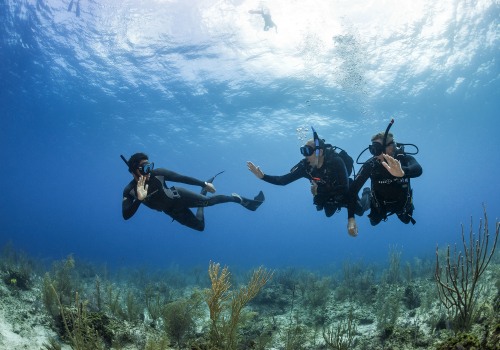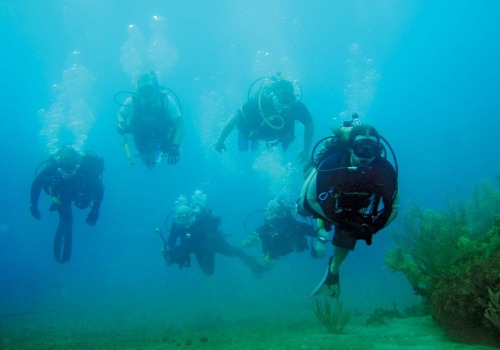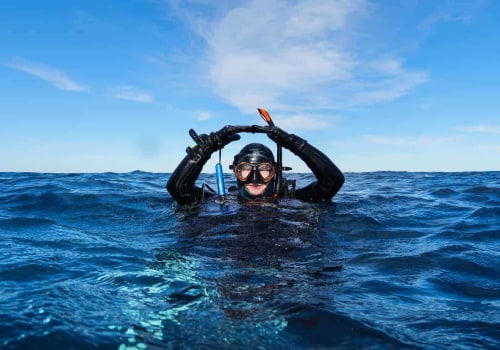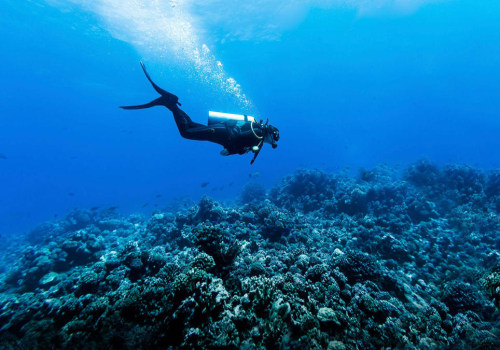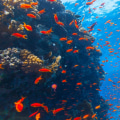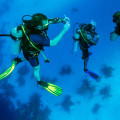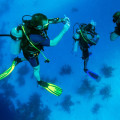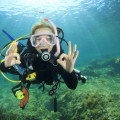Scuba diving is an exciting and thrilling activity, but it is important to be aware of the risks associated with it. While diving can be a safe and enjoyable experience, there are certain risks that come with it, such as decompression sickness (DCS), air arterial embolism, and drowning. Additionally, nitrogen narcosis can contribute to the cause of these problems. However, with proper training and preparation, these events are very rare.
In many parts of the world, diving has resumed after the pandemic, but with additional precautions to ensure that it can be practiced safely. Thousands of people around the world enjoy diving every day and it is considered a low-risk activity compared to many other sports and outdoor activities. It is not surprising that diving, the “extreme sport”, arouses both the curiosity and the caution of beginners and the uninitiated. Diving training teaches you how to respond regularly to the most common complications and also to unexpected ones. Learning how to properly handle diving equipment, how to remove a mask that is full of water, how to control buoyancy and how to be a good diving buddy is essential to enjoying this pastime safely. You'll learn to check this pressure gauge regularly, so you're unlikely to run out of air while diving.
Divers face specific physical and health risks when diving with diving equipment or other diving equipment, or using high-pressure breathing gas. The most common medical problems related to diving are sunburn, dizziness, and dehydration (all of which are preventable). When diving, it can happen if you hold your breath underwater for too long and if you ascend too quickly. With proper training, many of the hazards associated with diving can be greatly reduced or eliminated. The assessed risk of a dive would generally be considered unacceptable if the diver is not expected to face a single reasonably foreseeable incident with a significant probability of occurring during that dive. It is important for divers to understand the risks associated with scuba diving so they can take the necessary precautions and enjoy their dives safely.
By following safety protocols and taking proper training courses, divers can minimize their risk of injury or illness while still having an enjoyable experience.
